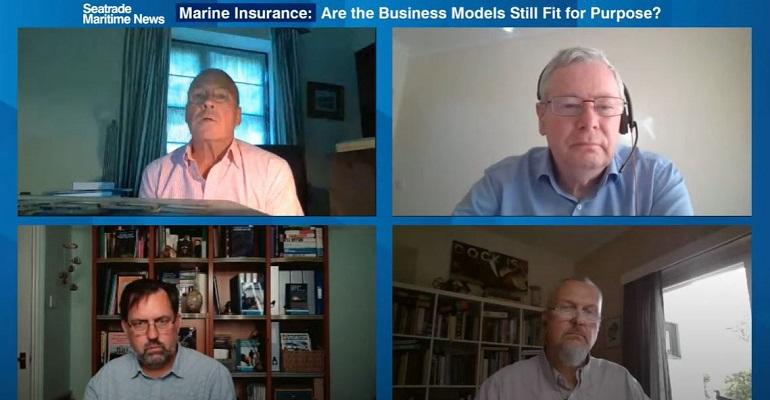Recent casualties have put the spotlight on the role and responsibilities of the pilot and speakers on the webinar clarified how the pilot works with the vessel, it’s crew and the shore authorities.
Asked about the responsibility of pilots, David Patraiko, Master Mariner, Director of Projects for The Nautical Institute commented: “The pilots might say there’s a large number of people in hospitals that die, so, is that the hospital’s fault?”
He noted that pilots operated in areas precisely because there was a high risk in these regions.
Eero Lehtovaara, Head of Regulatory & Public Affairs ABB Marine & Ports and Chairman One Sea, said, “The pilot is the specialist of the region and is the consultant to tell the ship’s Master what are the issues and how to work on them, and liaise with the local VTS and the authorities and so on.”
However, this does not mean that the pilot is a specialist in operating every type of vessel he boards. “The pilot is not, and is not supposed to be, a ship handler specialist on every type of vessel coming. The physical understanding of the ship’s capabilities needs to be with the ship’s officers,” Lehtovaara.
Patraiko noted that pilots were keen observers of situations and behaviours given they worked so many different ship types and cultures. He described the pilot as “a human integrator”. In the move the move towards VTS [vessel traffic systems] assisted remote pilotage issues it was worth remembering a pilot onboard can read the body language of the crew and usually has very good relations with the local VTS operators.
On the question of technology Patraiko said, ”Pilots are probably one of the most progressive sectors of our industry to adopt technology, they were very early adopters of Portable Pilot Units, and there development over the years has been absolutely fantastic so they are at the cutting edge.”
Lehtovaara said there were wide range of possibilities to apply technology and, for example, technology could allow the pilot, VTS and the Master, and port authorities to have exactly the same view and situational information about the ship.
Copyright © 2024. All rights reserved. Seatrade, a trading name of Informa Markets (UK) Limited.
Add Seatrade Maritime News to your Google News feed.  |

